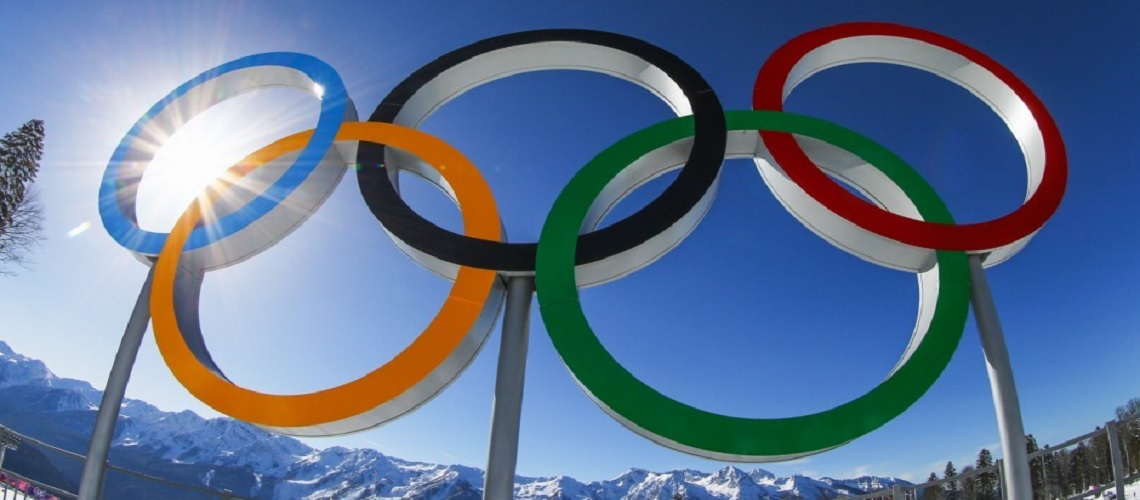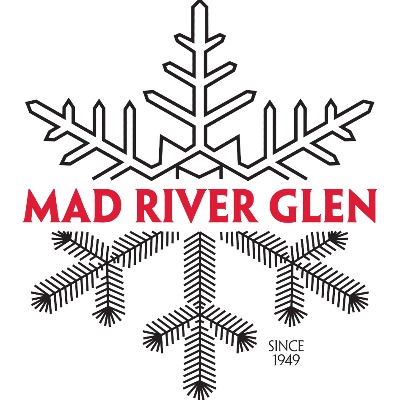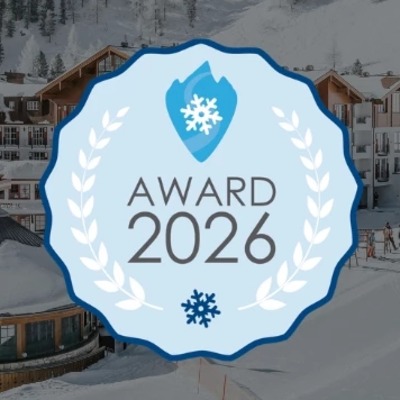Vancouver 2010: Setting The Standard For Sport, Sustainability And Social Legacy

Ten years after the Olympic Winter Games Vancouver 2010, the city, its residents and the international sports community continue to benefit from the event. Warm winter temperatures and bare slopes led many to doubt that Vancouver could deliver successful Olympic Games. But the city and the Olympic Movement both rose above the challenges.
More than the sporting successes, however, the Games set new benchmarks for educational, social inclusion and environmental legacies. As the Olympic Games Vancouver 2010 celebrate their 10-year anniversary, they are still setting the standards for sustainable Games today.
“Vancouver 2010 delivered much more than unforgettable Olympic Games,” said IOC Member and President of the Canadian Olympic Committee Tricia Smith. “It also set new standards for sport, sustainability and social legacies. Ten years on, these legacies continue to benefit the people of Vancouver and beyond.”
Like many other Olympic Games before, Vancouver 2010 accelerated significant improvements in terms of transport, infrastructure and housing in the city and beyond. Built in time for the Games, the Canada Line still moves travellers between the city’s airport and the downtown core. The new 400-passenger SeaBus ferry, high-efficiency SkyTrain Cars, and hybrid buses have boosted public transport and helped to cut emissions. And upgrades to the stunning Sea-to-Sky highway from Vancouver to Whistler made this vital transport artery both faster and safer.
The Olympic Games left Vancouver healthier in other ways too. A range of sports facilities, from the Richmond Oval and Pacific Coliseum to the Whistler Olympic Park, which still hosts FIS events, offer a dazzling range of amenities for amateurs and professionals alike.
And while 10 years ago, the world was just waking up to the dangers of climate change, the Vancouver Games included an early carbon offset programme and offered ambitious demonstration projects. Seventy per cent of the heat for the Olympic Village, for example, came from waste heat recovery systems, including heat from sewage.
Vancouver was also the first ever host city to establish a non-profit organisation devoted to the creation of community legacies, for example. So far the organisation – first called 2010 Legacies Now then renamed LIFT Philanthropy Partners - initially worked with more than 4,000 partners on 1,250 initiatives to benefit more than 400 communities in British Colombia (BC) and now works with social purpose organisations across Canada.
A second 2010 Legacies Now programme, the Aboriginal Youth Sport Legacy Fund, provided financial support for amateur athletes of indigenous origin, including the First Nations Snowboard Team (FNST), which uses snowboarding to improve quality of life for indigenous youth and to empower them.
Tewanee Joseph, former CEO of Four Host First Nations, a non-profit that encourages inclusion, says the Vancouver Olympics utterly changed social and community relationships in Vancouver. “Because of the Games, and the importance of the Games, the nations started to work together, and they have continued that work,” he said in a 2019 interview with the IOC. “It has been the greatest accelerator of relationships I have seen.”
As the first Olympic Games to include legacy at its core, the Vancouver Games are set to inspire many generations to come.














